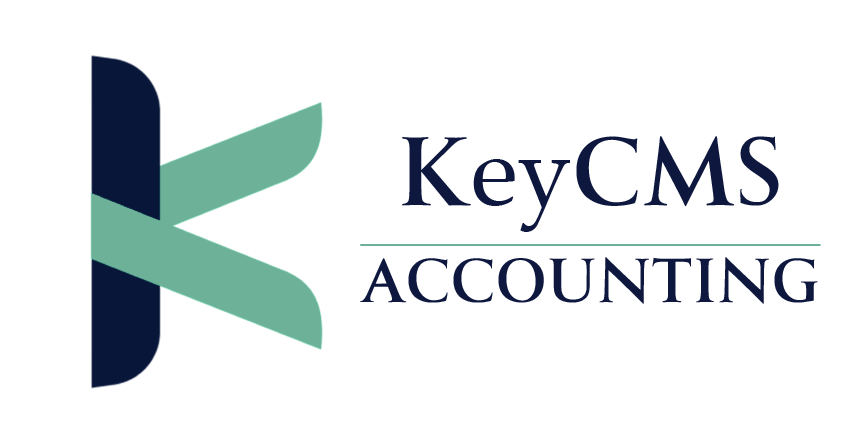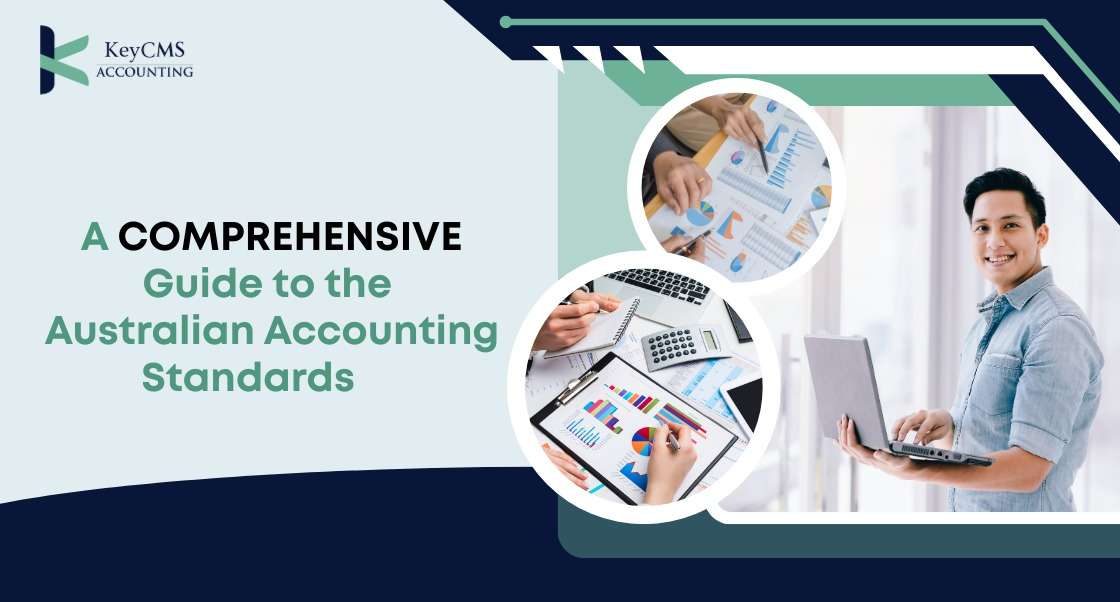For businesses and finance practitioners in Australia, knowing the Australian Accounting Standards (AASB) is not an optional extra, it is a mandatory obligation. The AASB develops and maintains the Australian Accounting Standards, which are the foundations of financial reporting in Australia, so that the reports can be understood, comparable, and credible.
What Are Australian Accounting Standards?
The AASB’s primary role is to develop a body of rules for the preparation and presentation of financial information. A key function of the AASB is to align Australian accounting standards with International Financial Reporting Standards (IFRS). In other words, you can see that Australian standards are based on the global IFRS framework, which has considerable implications for international companies and foreign investors looking into the Australian marketplace. This means Australian financial reports can be compared with those of other IFRS-compliant countries.
Why are the Standards Important?
The standards have multiple important functions which have benefits across the financial ecosystem, including:
Transparency and accountability:
Entities must present a true and fair view of their financial position and performance. Stakeholders such as investors, creditors, and yes, the public, require transparent financial information to make decisions based on economic consequences.
Comparability:
The standards provide a single set of rules across all entities. As a result, comparing the financial statements of two entities or companies is meaningful, enabling investors to evaluate the performance of an entity, relative to its peers or the market as a whole.
Global relevance:
The convergence with IFRS means Australia ensures financial reporting practices are being undertaken consistently so that we align with the rest of the global community. This is critical for international trade, investment or capital markets.
Legal:
For many entities (especially those registered under the Corporations Act 2001), compliance with AASB standards is a legal requirement. If you fail to comply, you may be subjected to a fine, and your reputation may be impacted, and legally, you may also be subjected to legal proceedings.
Key Standards You Need to Know
While a full listing would take an exhaustive amount of space, below are a few of the highest impact standards that every person working in Finance should be familiar with:
AASB 15 Revenue from Contracts With Customers:
It establishes a five-step model for the recognition of revenue from contracts with customers to ensure revenue is recognized as consistently and
Principled as possible.
AASB 16 Leases:
This standard introduced a big change in how leases were accounted for, requiring most leases to be recognized on the balance sheet, which does a better job of looking at the factors of both assets and liabilities in the company’s balance sheet.
AASB 9 Financial Instruments:
This standard covers classification, measurement,
and impairment of financial assets and financial liabilities. It is a fundamental standard for the management and reporting of financial risk.
AASB 136 Impairment of Assets:
This standard requires assets not to be carried at amounts greater than their recoverable amount and requires entities to determine whether it has
Suffering any impairment losses should also require entities to recognize the impairment losses.
Ensuring Compliance in a Changing Environment
The Australian Accounting Standards Board (AASB) provides new or revised standards and interpretations of standards to respond to global changes in accounting practices and emerging economic realities, including climate-related disclosures and digital assets.
For both businesses and professionals, keeping up to date with these changes requires an ongoing commitment to engaging with professional development opportunities:
Ongoing Learning:
Regularly engage in any professional development opportunities you can access, such as webinars or workshops hosted by professional associations such as CPA Australia, or Chartered Accountants Australia and New Zealand (CA ANZ).
Use Official Information:
Access the AASB website to find the latest pronouncements, exposure drafts and educational materials.
Make Technology Work For You:
Consider investing in modern accounting software to automate processes and comply with complicated standards, while minimizing the risk of human error.
Ask for expert advice:
If the transaction is complex or unusual, engaging an accountant with appropriate experience, or a financial reporting expert, is a smart investment to achieve the correct accounting treatment and application of the standards.
By complying with the standards, you are not only meeting your legal obligations, but you are also establishing a foundation for good financial management and gaining the confidence of all stakeholders.
Frequently Asked Questions (FAQ)
1. Who needs to comply with Australian Accounting Standards?
All entities that prepare financial reports under the Corporations Act 2001 must comply with the Australian Accounting Standards. This includes listed companies, large proprietary companies, and certain not-for-profit companies. Some small businesses may be exempt, but compliance is often encouraged to ensure transparency and credibility.
2. How are Australian Accounting Standards different from IFRS?
Australian standards are closely aligned with IFRS. In most cases, they are word-for-word equivalents, with a few additional requirements to address Australian-specific issues (known as “Aus. paragraphs”).
3. What happens if a business doesn’t follow the standards?
Non-compliance can lead to significant consequences such as fines, reputational damage, investor mistrust, and even legal proceedings. The company directors and officers may also be held personally accountable.
4. Do small businesses need to apply all standards?
Small businesses that do not meet reporting thresholds under the Corporations Act may not be legally required to prepare financial reports under AASB. However, applying the standards voluntarily can help with loan applications, investor negotiations, or potential business sales.




